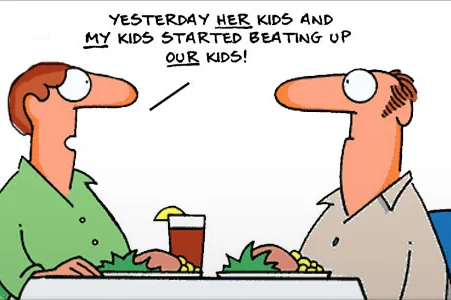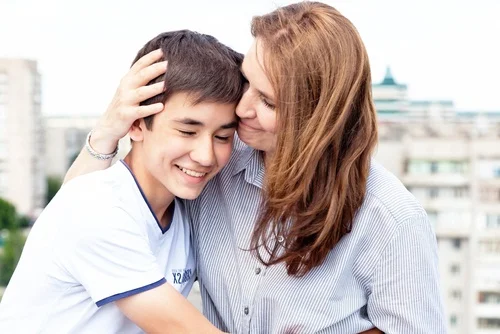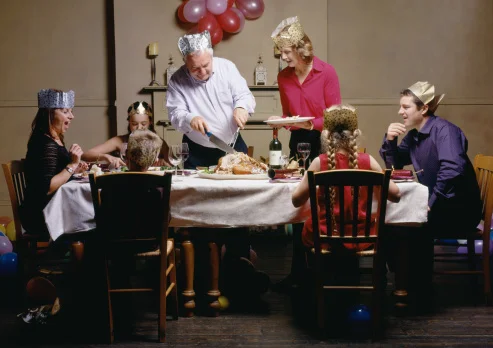+1 845 259 2974 (11 a.m to 7 p.m CST)
Create Balance to Raise Well-Rounded Gifted Teens

Raising a balanced teenager is a monumental task for parents, but when it comes to raising a gifted child, striking a balance can become a bit too tricky. The entire energy of a gifted child is centered around the activity he/she is most passionate about. For example, a gifted teen, who is passionate about music, may prefer to play a musical instrument to the extent of excluding every other activity from his/her life. This calls for parental intervention to encourage the child to participate in other activities, so that a balance is created in their lives. However, this task is not easy to achieve.
Seek a balance in passion
For a gifted teen, there may be just one activity that he/she is most passionate about, but as a group they are diverse with exceptional talents. Some are great with numbers and science, while others excel in athletics, arts or drama. Whatever their talents are, parenting gifted children is never easy. Parents send their gifted teens to special schools to nourish their talents, but at home kids should be encouraged to participate in other activities. From casual activities like setting the dinner table to taking up extracurricular activities after school, a break from their intense passion will be a positive and much needed change for the kids.
Choose the right school
Certainly, schools play a major role in creating this balance in a gifted child’s life. There are hundreds of schools for gifted children spread across the country. Parents should conduct a thorough research about the schools’ teaching techniques and their approach towards nourishing their students’ talents. During their research, parents should also look into the efforts schools make to provide a balanced environment to their gifted students.
The Evergreen School for Highly Capable Children in Seattle follows a unique approach to help students pursue their interests, while using their strengths to involve them in other activities. For example, a talented teen who is passionate about art and spends much of his/her time drawing, can be encouraged to describe the painting or write a story about their piece of art. This way the child is not pushed towards adopting an entirely new activity.
Well-rounded does not mean perfectionism
One mistake that parents usually make is to expect their gifted teens to be as flawless in other activities of life as they are with their talents. However, psychologists believe that children do not have to be perfect in everything they do. They should not be expected to perform exceptional on all fronts. Parents should try to indulge them in different activities, so that they are not isolated from the world, but it is fine if they spend most of their time pursuing their interest. Parents should play the role of a guide – directing their gifted teens to bring a balance between making friends and perfecting their talents.























